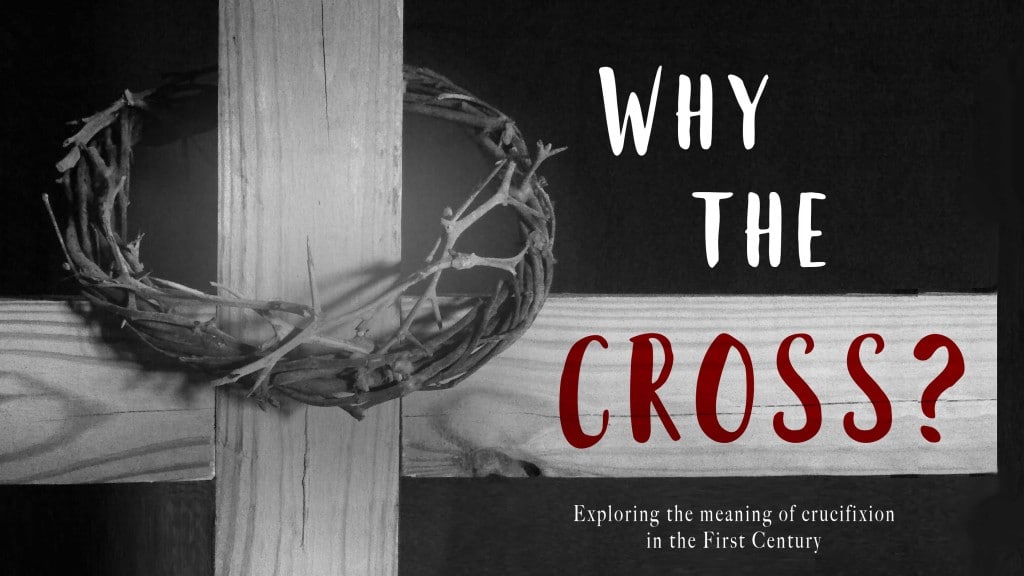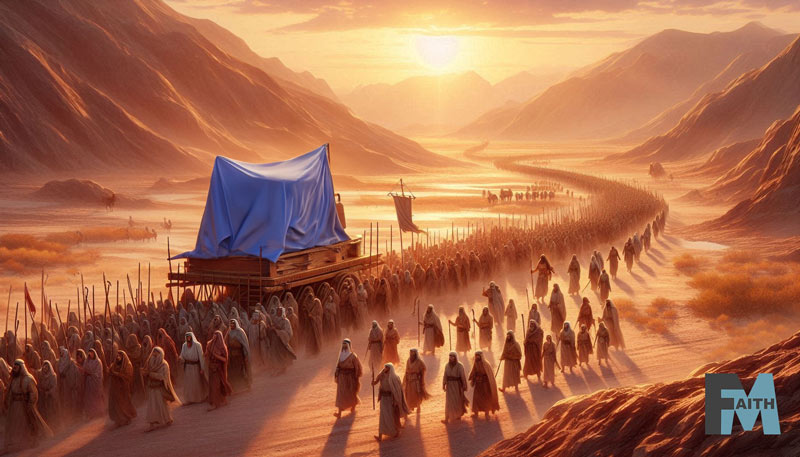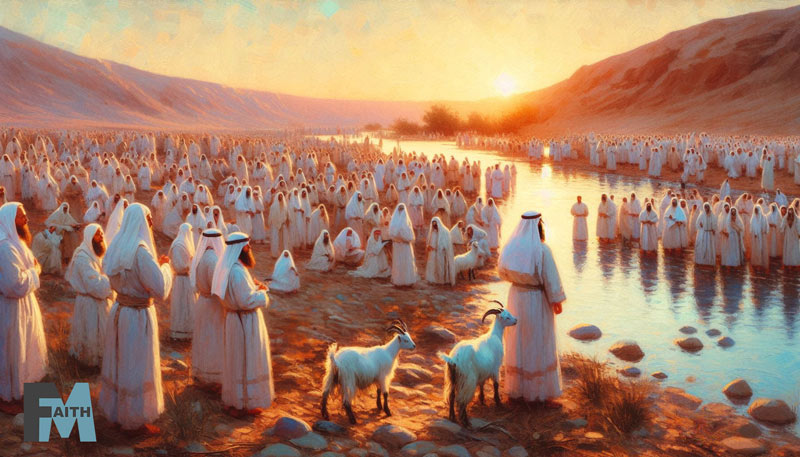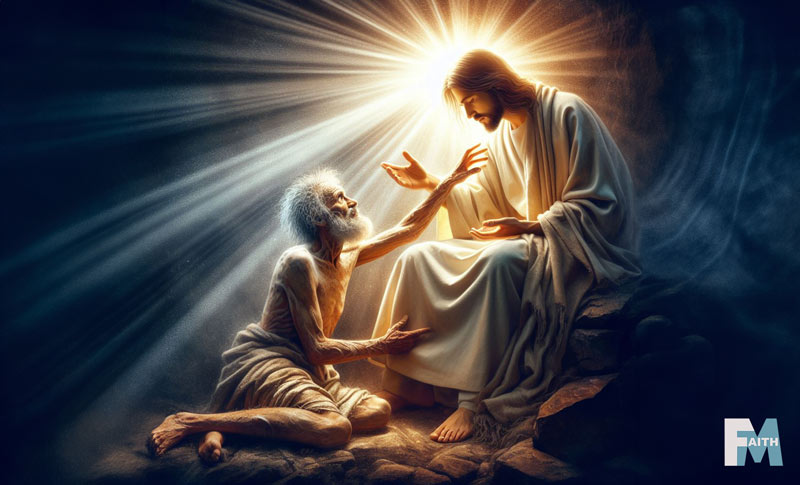The cross is probably the most well-known symbol of Christianity today. Recently, there have been many attacks on this symbol: claims it was pagan, claims it wasn't used until Constantine, etc. But clearly, we see in the New Testament that the cross was something spoken of as a symbol of God's power. What are we to do? In this teaching, we will explore the first-century meaning of crucifixion. We will look at its usage before Yeshua, as well as how it was viewed by believers in Yeshua after the events of Passover.
For the word of the cross is folly to those who are perishing, but to us who are being saved it is the power of God...For Jews demand signs and Greeks seek wisdom, but we preach Christ crucified, a stumbling block to Jews and folly to Gentiles, but to those who are called, both Jews and Greeks, Christ the power of God and the wisdom of God.
Recommended Resources
If anyone is interested, I found a well-referenced article on the most probable shape of the cross used to crucify Yeshua. http://coldcasechristianity.com/2014/what-was-the-shape-of-jesus-cross/







Hi Ryan, Mark 8:34 seems to me to be a pretty good reason to believe that the cross was a stake, not that the shape is an issue in itself.
But stauros can certainly be translated as “stake” — and, in fact, in this passage, it makes more sense. If you or I had been sitting there listening to Yeshua speak of a cross, we would undoubtedly wonder what on earth he was talking about, since this was much before anyone was aware of the method of death. His words would have made no sense whatsoever. A stake, on the other hand, would have been well understood in context.
We need to be ready to pull up our (tent) stakes at any time just as Abram did, to follow Him. The hesitancy to leave all behind is perhaps at all times present with us and hard to bear. In fact, in the extreme, and in addition to leaving spouse, children, mother, father, job, home, even shelter or income, we are called to leave our very life behind. If leaving all to follow can be considered “your cross,” then the difference between “cross” and “stake” is maybe not a great one… yet, in the context of the moment in which it was spoken, and in the context of the rest of the verse, “stake” is the more appropriate word; the more accurate image.
Sha”om… ck
In my comment above, the word “cross” is meant to designate a shape…a T / t shape as in current usage. I think that both straight poles and T crosses were used for Roman crucifixions–at least they are both pictured in artist renditions.
I’ve never come across any ancient Christian artwork that depicted them as poles, but that doesn’t mean that it’s not incorrect. People heard the word ‘stauros’ (cross) and would have associated it with their own experiences of how Romans crucified people in their own region. But it really doesn’t matter the shape, it is the idea of the crucifixion that is being spoken of.
I would have to respectfully disagree about Mark 8:34. I’ve heard the argument before, but it does not fit the context. The very next verse speaks about those who wish to save their life versus those willing to lose their life. Saying “take up your cross and follow me” would actually make perfect sense to a first-century audience. When Yeshua said this, it hadn’t been too long since the last guy who was proclaimed to be Messiah, Judas the Galilean, had led a revolt against the Roman authorities. After his defeat and death in battle, the Romans crucified 2,000 of his followers outside of Zippori (4 miles north of Nazareth). So the idea of following a messianic figure was a very dangerous proposition with a possibility of facing crucifixion.
Shabbat Shalom!
I’ve seen pictures of single pole method, horrors! Was reading that the practice originates with the Persians.
But either way the message is the same. We must be ready to leave all that our earthly lives consist of– to pull up our stakes, so to speak— or to be crucified as in your thought, to follow Him.
Yeah, I would prefer to avoid it regardless of the shape, lol.
The same passage in Luke 9:23 says we should do it ‘daily’. Does this lend itself to the tent interpretation or should i read it as meaning i should be ready to do it everyday?
Yes, we should be ready to leave all behind — daily, or at all times.
I believe it means that we should be willing to suffer for the sake of the kingdom every day. Being image bearers of God is a full-time job! This doesn’t mean that we all are supposed to leave our homes and jobs and become traveling evangelists, but it does mean that we operate within whatever role God has given us with a constant willingness to endure whatever hardship lies in front of us in order to make our lives a worshipful service to the Most High.
That’s a pretty good answer. The reason i liked the tent analogy was that it reminds me of the Exodus, when the cloud moves it’s time to pack up!
I would say that the concept of be prepared to pack up and move at any time still works. Being prepared to “lose your life” in our Western culture can often mean being prepared to lose our lifestyle, to be ready to give up what we have and be ready to go where God is leading us.
Brother Ryan White thanks for beautiful and Bless Teaching YAH bless you every walk of life 🙂